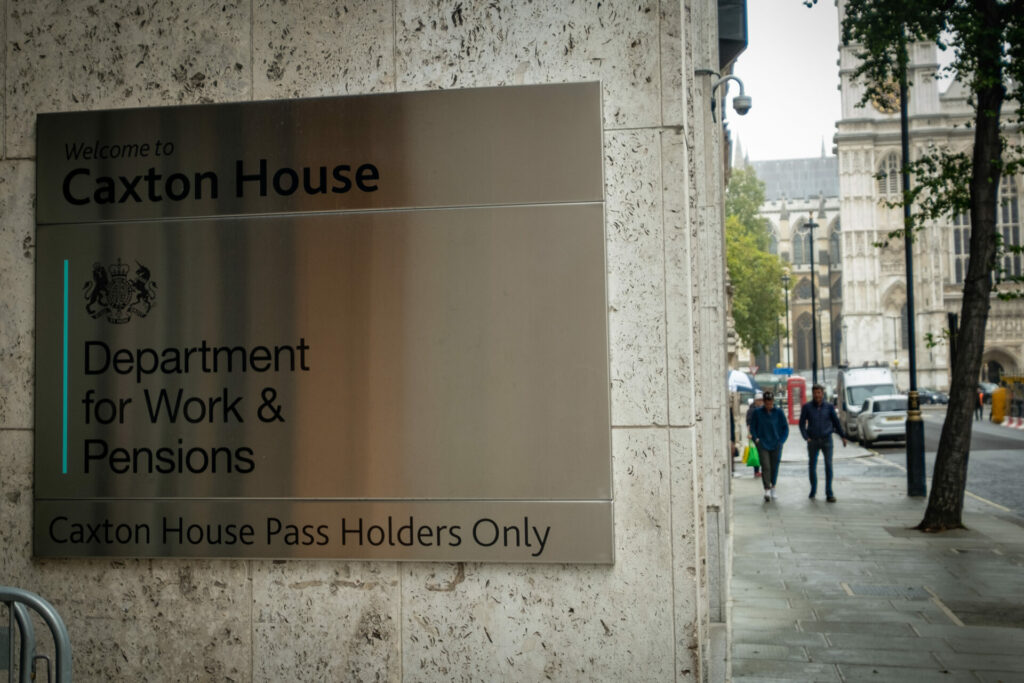The expertise gap, driven by a record number of retirements and rapid technological disruption at work, is one of the key challenges predicted by Gartner, Inc. that HR leaders must act on to ensure their organisations remain competitive, attract and retain top talent, and achieve desired business outcomes.
In 2025, the global workforce will experience its largest proportion of retirements, accelerating the loss of experienced employees according to Gartner, Inc.
A May 2024 Gartner survey of 3,375 employees found that six in 10 workers reported inadequate on-the-job coaching to support their core skills.
To address this, organisations are expected to embrace collective intelligence technologies to facilitate knowledge sharing between experienced employees and novices.
As CEOs focus on growth, technology and AI are emerging as key enablers.
However, Gartner noted that generative AI has not yet delivered its promised productivity benefits, revealing structural barriers within organisations.
In response, leaders will redesign operations, adopting flatter structures, centralising functions to reduce inefficiencies, and implementing agile learning practices to support innovation.
Another critical trend is the rise of “nudgetech,” AI-powered tools designed to bridge communication gaps among employees with diverse cultural norms and working styles.
These tools will provide personalised prompts, such as recommending email over text for certain clients or reminding managers of their team members’ preferences, improving collaboration and reducing conflict.
AI’s role in performance management is also evolving.
An October 2024 Gartner survey revealed that 87% of employees believe algorithms offer fairer feedback than human managers.
Organisations are expected to adopt AI tools for routine tasks like performance feedback, with managers focusing on validating and finalising decisions.
However, HR leaders must address challenges in distinguishing genuine employee performance from AI-driven output by establishing clear guidelines on acceptable use and training managers to detect overreliance on technology.
The focus on diversity, equity, and inclusion (DEI) is also shifting.
Following increased scrutiny in 2024, organisations are expected to prioritise fostering inclusion and belonging over-representation.
This approach aims to enhance diversity as a result of inclusive practices, improving talent outcomes and innovation.
Other emerging risks include the potential for AI-first strategies to undermine productivity due to a lack of long-term planning.
Organisations are advised to adopt a human-centric approach to AI implementation, ensuring that employees remain engaged and productive.
Additionally, loneliness, identified as both a public health and business risk, is being addressed through targeted collaboration norms and human-centric interaction strategies.
Finally, employee activism is driving the adoption of Responsible AI.
Progressive organisations are expected to co-create AI strategies with employees, crowdsourcing use cases and integrating feedback to shape norms for human-technology collaboration.
Emily Rose McRae, senior director analyst at the Gartner HR practice, said: “This year’s predictions address three key challenges executives must tackle in 2025: New demands for a future-ready workforce, the evolving role of managers and leaders and emerging talent risks to organizational strategy.”
















